When choosing between a jib crane and a gantry crane, many factors come into play—load capacity, mobility, installation requirements, and most notably, cost. In industries where efficiency and ROI are critical, understanding the cost-effectiveness of each system is essential. While both crane types are widely used for lifting and moving heavy loads, their pricing structures, operational efficiencies, and long-term value differ significantly.
This article, built on experience, expertise, authoritativeness, and trustworthiness, provides a deep comparison between jib cranes and gantry cranes to help you decide which one delivers better value for your budget and operational needs.
For a broader perspective, see Jib Cranes vs Gantry Cranes: Which One Suits Your Job Site Best?.
Understanding the Basics: Jib Cranes vs. Gantry Cranes
Table of Contents
ToggleWhat Is a Jib Crane?
A jib crane features a horizontal arm (or jib) mounted to a vertical mast, wall, or column. It provides localized lifting and rotation in a defined arc—typically 180° to 360°. Jib cranes are ideal for workstations, small production cells, or machine feeding zones.
There are various configurations including:
- Freestanding
- Wall-mounted
- Mast-type
- Articulating
Each of these offers a different set of benefits based on space, load, and rotation needs.
Explore The Best Jib Cranes Types for Outdoor Material Handling for solutions tailored to external environments.
What Is a Gantry Crane?
A gantry crane is a freestanding crane system that includes a horizontal beam supported by two legs. These legs may run on wheels or a rail system, allowing the entire structure to move across large areas.
Gantry cranes are suitable for environments like warehouses, shipping yards, and construction sites where materials need to be lifted and moved over long distances.
Initial Investment: Jib Crane vs Gantry Crane
Jib Crane Costs
- Freestanding : Higher upfront cost due to the need for a reinforced concrete foundation.
- Wall-Mounted: More affordable—no foundation required, minimal space usage.
- Mast-Mounted: Economical hybrid—uses both floor and ceiling supports, no full foundation needed.
- Articulating: Moderately priced—adds flexibility and complexity for precision movement.
Typical Price Range (excluding hoist):
USD $2,000 to $10,000 depending on size, rotation, and load capacity.
Gantry Crane Costs
- Portable Gantry Cranes: Lower upfront costs but limited to light-duty lifting.
- Full-Sized Gantry Cranes: High initial investment due to their large structure, drive motors, rails, and installation.
Typical Price Range:
USD $5,000 to $50,000+ based on size, mobility, and custom features.
Winner in Purchase Cost:
✅ Jib Crane – More affordable for most small to medium operations.
Installation Costs and Complexity
Jib Crane Installation
Installation varies by crane type:
- Wall-mounted: Easy to install; anchors to a structural wall.
- Freestanding: Requires excavation and concrete curing.
- Mast-type: Simple if ceiling structure is suitable.
- Articulating: Installation complexity depends on the mounting method.
For detailed procedures, refer to our How to Properly Install – Step-by-Step Guide.
Average Installation Cost:
USD $500–$3,000
Gantry Crane Installation
Portable gantry cranes require minimal installation, but permanent gantry cranes involve:
- Rail or track installation
- Ground preparation
- Electrical system integration
Average Installation Cost:
USD $3,000–$15,000+
Operating Costs and Maintenance
Jib Crane
- Lower wear and tear
- Minimal power consumption (especially with electric hoists)
- Fewer components reduce maintenance costs
Gantry Crane
- Larger systems require more electricity, especially motorized gantries
- More moving parts: drive systems, wheels, rail alignments
- Higher inspection and maintenance costs
Winner in Operating Cost:
✅ Jib Crane – Lower maintenance and energy use
Versatility and Long-Term Value
Jib Crane Versatility
- Excellent for localized lifting tasks
- Multiple configurations available
- Can be integrated into production lines
- Scalable and modular
Gantry Crane Versatility
- Better for moving materials across larger areas
- Ideal for outdoor or dynamic layouts
- Scalable but with higher expansion costs
Winner in ROI for Smaller Sites:
✅ Jib Crane
Winner in ROI for Large-Scale Movement:
✅ Gantry Crane
Use Case Comparison
| Application | Recommended Crane Type |
|---|---|
| Machine Loading in Workshops | Wall-Mounted Jib Crane |
| Heavy-Duty Outdoor Lifting | Gantry Crane |
| Maintenance Bays in Factories | Mast-Type Jib Crane |
| Precision Assembly | Articulating Jib Crane |
| Large Warehousing with Rail Tracks | Gantry Crane |
| CNC or Welding Cell Handling | Freestanding Jib Crane |
Cost-Effectiveness Summary
| Criteria | Jib Crane | Gantry Crane |
|---|---|---|
| Initial Equipment Cost | ✅ Lower | ❌ Higher |
| Installation Cost | ✅ Lower | ❌ Higher |
| Operating Costs | ✅ Lower | ❌ Higher |
| Space Efficiency | ✅ Compact | ❌ Requires Large Area |
| Mobility | ❌ Mostly Fixed | ✅ Mobile (rail or wheeled) |
| Best For | Workstations, workshops, factories | Warehousing, shipyards, large sites |
Conclusion: Which Crane Is More Cost-Effective?
If you’re working in a small to medium facility and need a fixed, precision-based lifting solution, jib cranes are by far the more cost-effective option. It delivers low installation costs, minimal maintenance, and high operational efficiency—especially in its wall-mounted, freestanding, mast-type, and articulating configurations.
However, for operations that involve long-distance material movement, especially outdoors or in large yards, gantry cranes may justify their higher costs through broader capabilities and flexibility.
💡 Ready to find the perfect lifting solution for your facility? Browse for more jib cranes products that match your workspace and budget.
More Expert Resources:
- Jib Crane vs Gantry Crane: Which One Suits Your Job Site Best?
- Jib Crane: How to Properly Install – Step-by-Step Guide
- The Best Jib Crane Types for Outdoor Material Handling
Lift smart. Invest wisely. Choose the right crane for your cost and application.

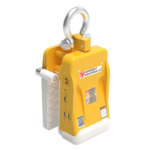
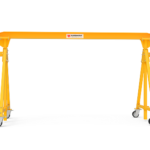

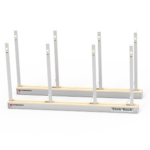
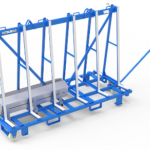

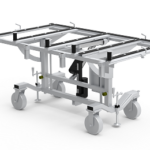
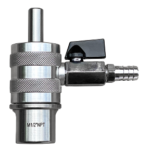



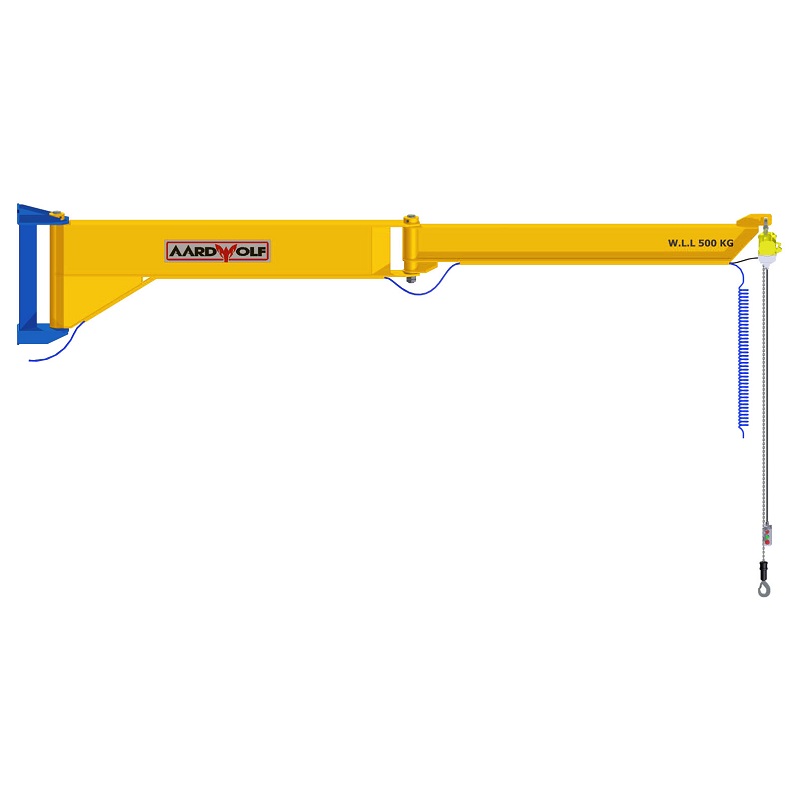
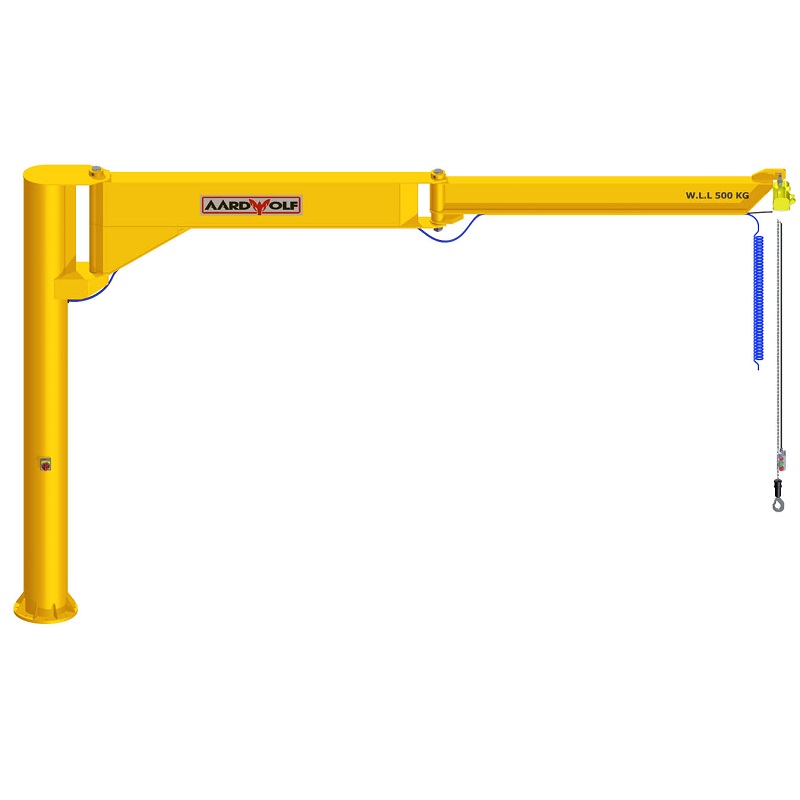
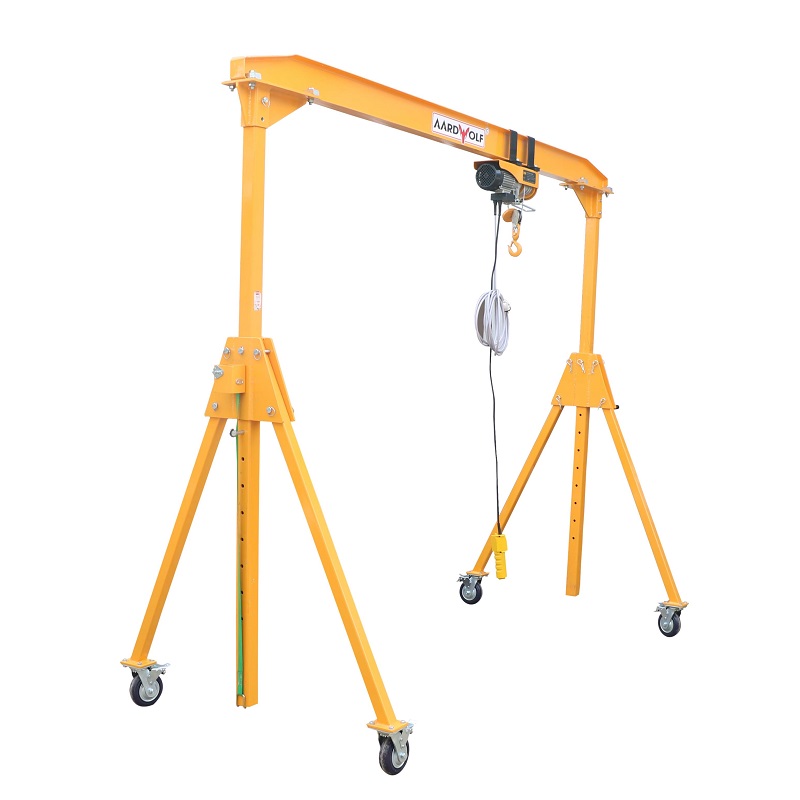
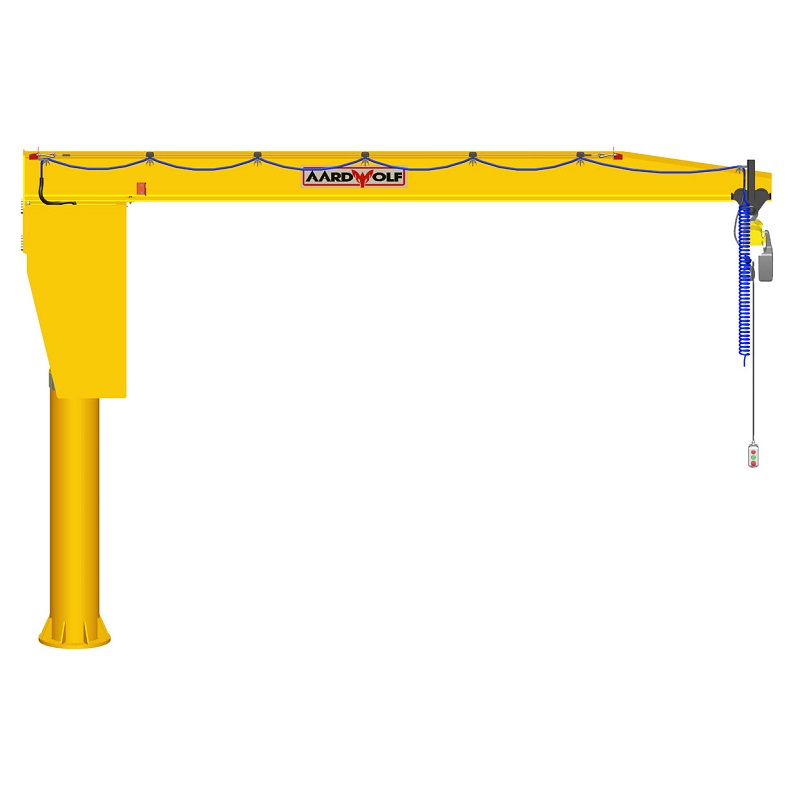


Please log in to leave a comment.